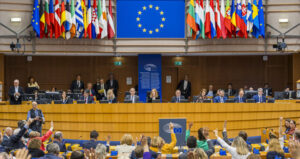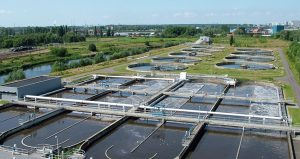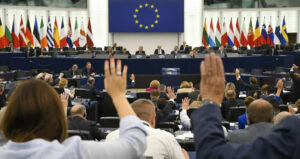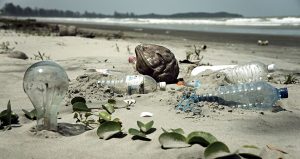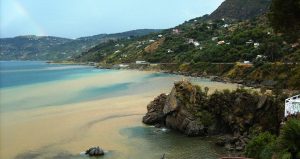Ongoing negotiations on new UWWTD
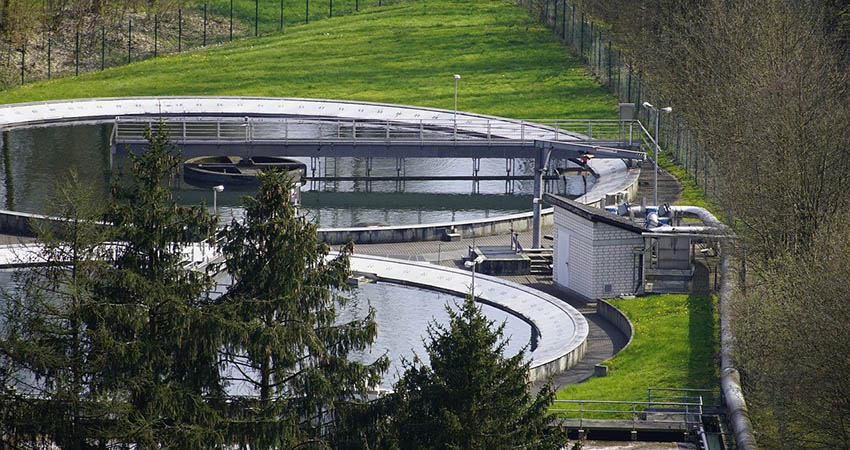
-
 Fergal MacErlean
Fergal MacErlean
Share article:
The negotiations on the new Urban Wastewater Treatment Directive (UWWTD) are ongoing. The third trilogue between the European Parliament, the European Commission and the European Council is likely to take place in the second half of February of 2024. After that the new UWWTD will have to be formally adopted by the European Council and the European Parliament.
A press officer with the European Council said that ‘the tentative date for the second political trilogue is 29 January, but this is still to be confirmed’. The revised directive is one of the key deliverables under the EU’s zero-pollution action plan. While the current directive has proven highly effective in reducing water pollution and improving the treatment of wastewater discharges over the last three decades, this revision aims to update the directive by extending its scope and aligning it with the European Green Deal’s objectives. The new UWWTD changes include extra removal of nitrogen and phosphorus and the removal of micro-pollutants.
Important agreement
Following the European Council’s agreement in October for a ‘general approach’ on a proposal to review the urban wastewater treatment directive, this will serve as the Council’s mandate for negotiations (trilogues),with the European Parliament on the final shape of the legislation. Speaking on 16 October, Teresa Ribera Rodríguez, acting Spanish deputy prime minister and minister for the ecological transition and the demographic challenge said this is an “important agreement to improve the already effective collection and treatment of urban wastewater in the EU. This sector’s contribution to our climate objectives is crucial and the new rules will further help us protect the environment and the health of our citizens.”
Changes
Parliament’s plenary adopted the report on 5 October 2023, with 420 votes in favour, 62 against and 84 abstentions. The matter was referred back to the Committee on the Environment, Public Health and Food Safety (ENVI) for the interinstitutional negotiations. The Council adopted its general approach on the file on 16 October 2023. It proposes to extend the scope of the directive to agglomerations of 1250 inhabitants and above, compared to 1000 in the proposal of the European Commission.
Extended deadlines
The deadline for compliance with the obligation to set up collecting systems and to apply secondary treatment for those agglomerations would be postponed from 2030 to 2035. Member States who joined the EU after 2004 and after 2006 could obtain a deadline extension for maximum 8 and 12 years respectively. Several other deadlines would be extended, including those for establishing integrated urban wastewater management plans, for compliance with the new rules on nutrient and micropollutant removal, and on access to sanitation.
Quaternary treatment
Member states will have to ensure the application of tertiary treatment in 2045 including the removal of nitrogen and phosphorus in WWTP’s of 150 000 p.e. and above. Tertiary treatment will be mandatory in smaller agglomerations in areas at risk of eutrophication. Member states introduced a derogation from this requirement when treated urban wastewater is reused for agricultural irrigation, provided that there are no environmental and sanitary risks. An additional treatment removing a broad spectrum of micropollutants (quaternary treatment) is to be mandatory for all plants of over 200 000 p.e. by 2045, with intermediate targets in 2035 and 2040.
Extended Producer Responsibility
The Council also agreed on a watered-down Extended Producer Responsibility (EPR) scheme. A text adopted by parliamentarians added that producer responsibility must be paid with national financing which should not exceed 20 per cent. “The Parliament really missed the opportunity to support the original ambitious Extended Producer Responsibility (EPR) and the Polluter Pays Principle” said Pär Dalhielm, EurEau President.


